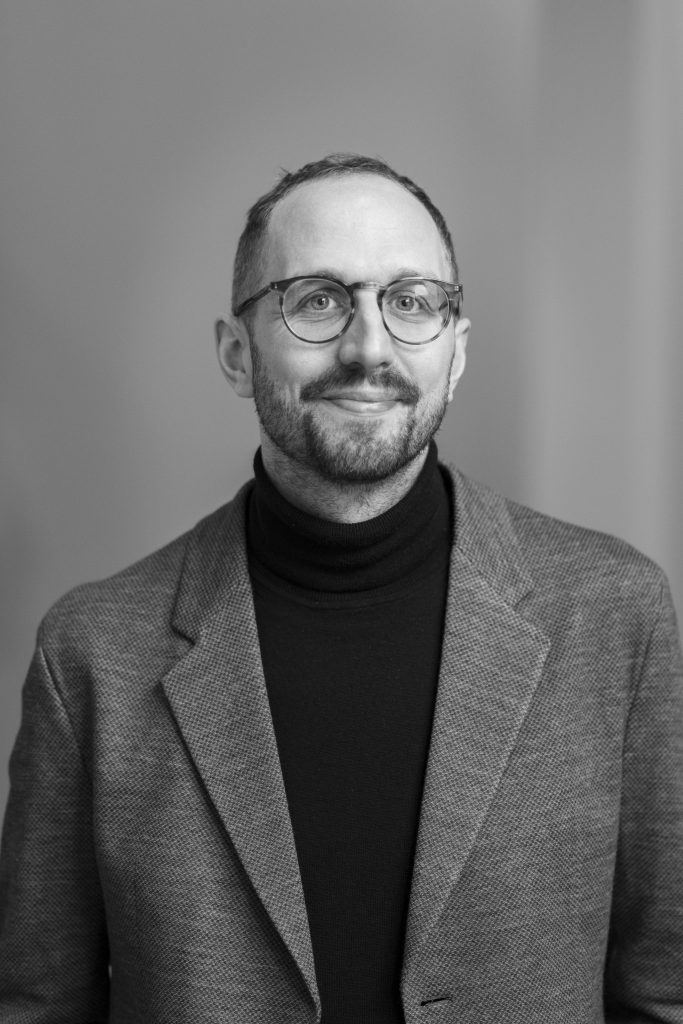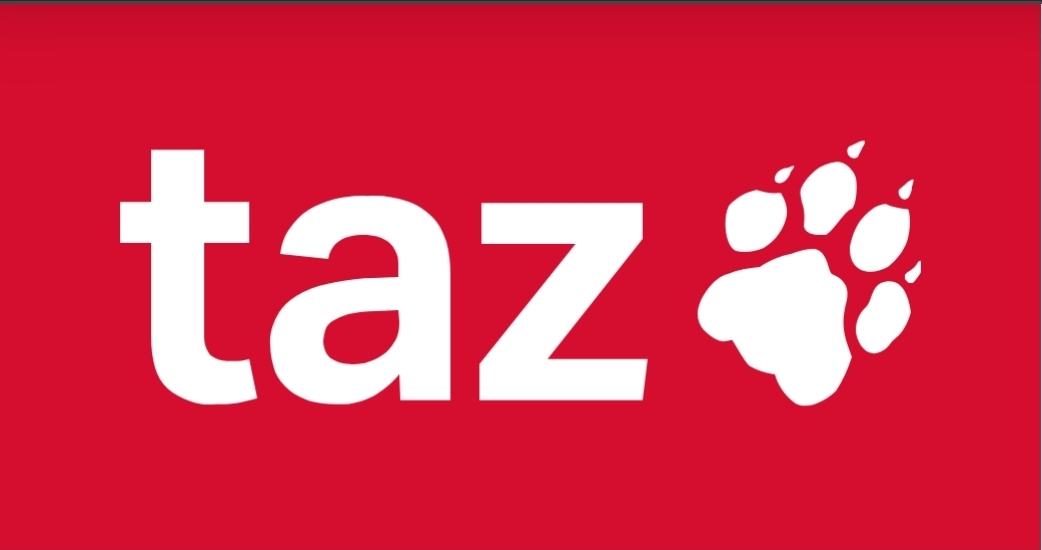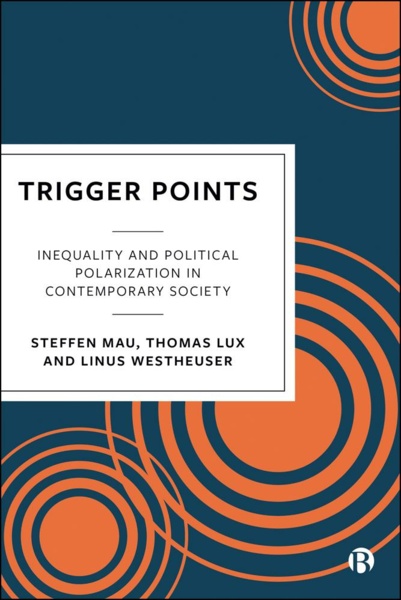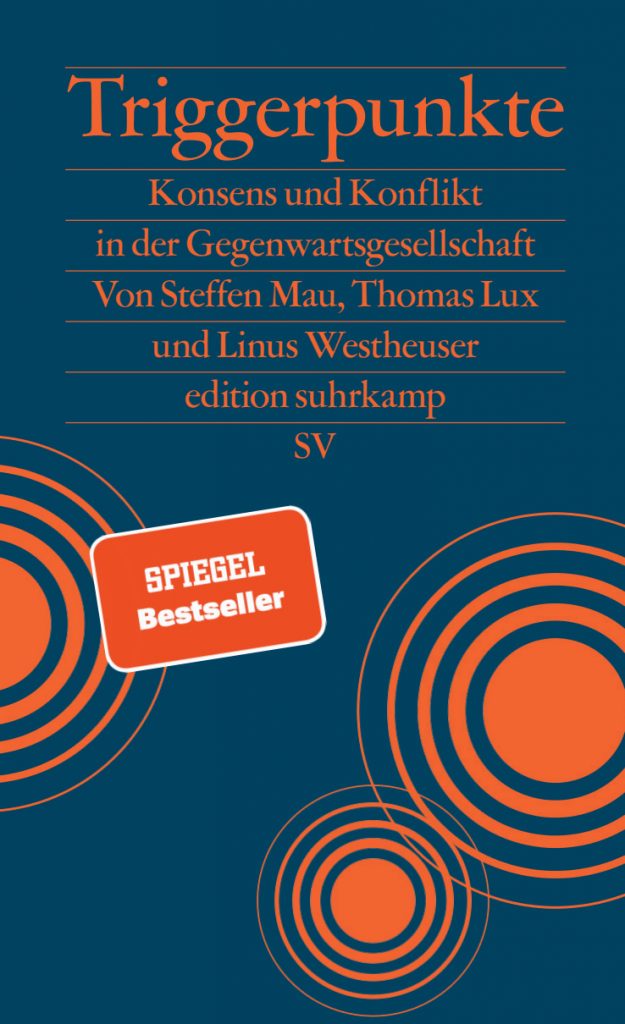
Welcome
I am a sociologist researching political divides and their roots in social inequality.
I work as a Senior Researcher at a new Max Planck Institute for the study of politics and society in Göttingen, where I direct the research area »Social and Political Conflicts«.
On this website you can find information about my research, teaching, public writing and my CV.
Research
I study how ordinary citizens engage with politics and how unequal lives produce divided worldviews.
The following are central themes of my research. My publications are listed here.
Class
The transformations of advanced capitalism have produced “demobilized class societies”: While inequalities are growing starkly, class conflict has become muted in the public sphere. How does this conjuncture reshape and limit how citizens critique inequality and what political futures they imagine? Which latent forms of class consciousness and classed politics arise?
Read e.g.: Moral Disapproval: The Political Consciousness of the Demobilized Working Class
Morality
Moral distinctions between worthy and unworthy, deserving and undeserving groups are a powerful force in citizens’ reasoning about politics and inequality. I am interested in the ways in which morality shapes worldviews and disagreements. How does everyday morality naturalize inequality, how does it motivate critique? And how do moral ideas of good and bad define “trigger points” fueling conflict and polarization?
Read e.g.: Trigger Points. Inequality and Political Polarization in Contemporary Society
Cleavage politics
Struggles over ecology, migration, recognition and insecurity are reshaping the landscape of political contestation in rich democracies. I am interested in the social alignments emerging in this process. In particular, I study how group identities anchor new political cleavages. How does people’s sense of who they are shape their sense of where they stand on contentious issues?
Read e.g.: Cleavage Theory Meets Bourdieu. Studying the Role of Group Identities in Cleavage Formation
Qualitative studies
Much of my research is based on mixed-methods approaches. I am convinced that survey-based studies of public opinion need to be complemented with ‘listening methods’ that help us understand politics from the point of view of ordinary citizens. How do people outside elite circles make up their minds about politics? What is politics about in their own words? And what makes some issues, policies, and appeals resonate more strongly than others?
Read e.g.: Cleavage Politics in Ordinary Reasoning. How Common Sense Divides
Media
-

taz-Interview zu sozialen Blockaden der Klimapolitik
Interview von Charlotte Kranenberg, taz. Wenn Klimapolitik gesellschaftlich breiter akzeptiert werden soll, muss die Verteilungsfrage in den Fokus rücken, sagt der Soziologe Linus Westheuser. taz: Sie schreiben in einer neuen Studie, Sorgen um die Umwelt seien in der Gesellschaft weit verbreitet. Warum triggert Klimapolitik – wie aktuell die Diskussion um das Verbrenner-Aus – trotzdem so
-

FOCUS-Interview zur Bürgergeld-Debatte
FOCUS, Interview von Lara Wernig. Der Soziologe Linus Westheuser erklärt, warum das Thema Bürgergeld viele Menschen aufwühlt, wie Vorstellungen von „verdient“ und „unverdient“ dieDebatte prägen und wieso der Sozialstaat in Verruf geraten ist. Herr Westheuser, warum ruft das Thema Bürgergeld bei vielenMenschen starke emotionale Reaktionen hervor? Das ist ein Thema, das sehr an moralische Einstellungen
-

ZEIT-Interview: Die Sozialdemokratie und die Arbeiter
Interview mit David Will, DIE ZEIT. 23.05.2025. Hat die SPD die Arbeiter verloren, weil sie zu viel über das Bürgergeld redet? Unsinn, findet der Soziologe Linus Westheuser. Die SPD brauche ein völlig anderes Konzept. Die Partei der Arbeiter? Diesen Charakter habe die SPD verloren, sagt selbst ihr Parteichef Lars Klingbeil. Und will das ändern. Der




